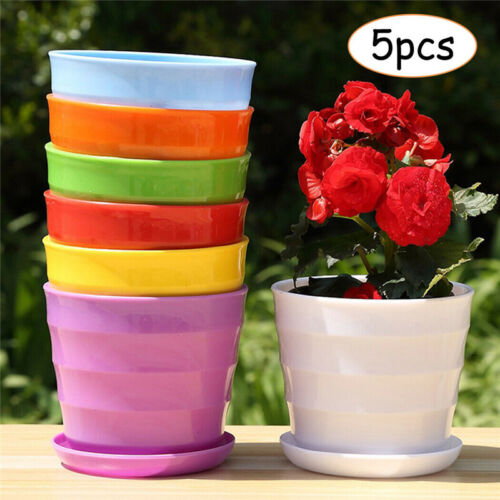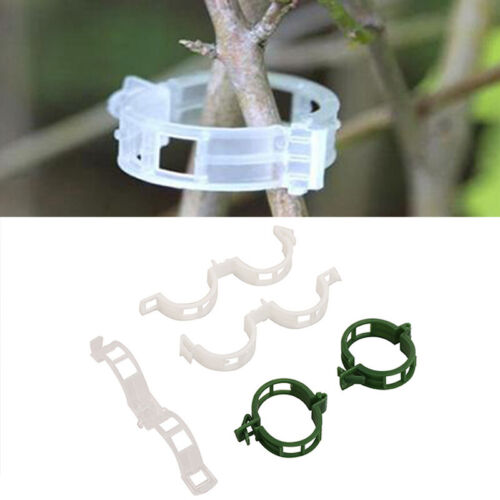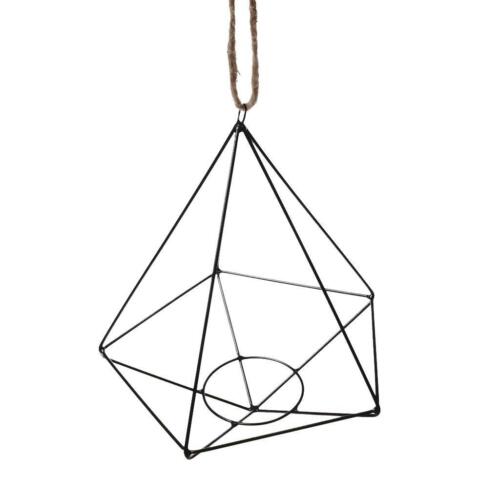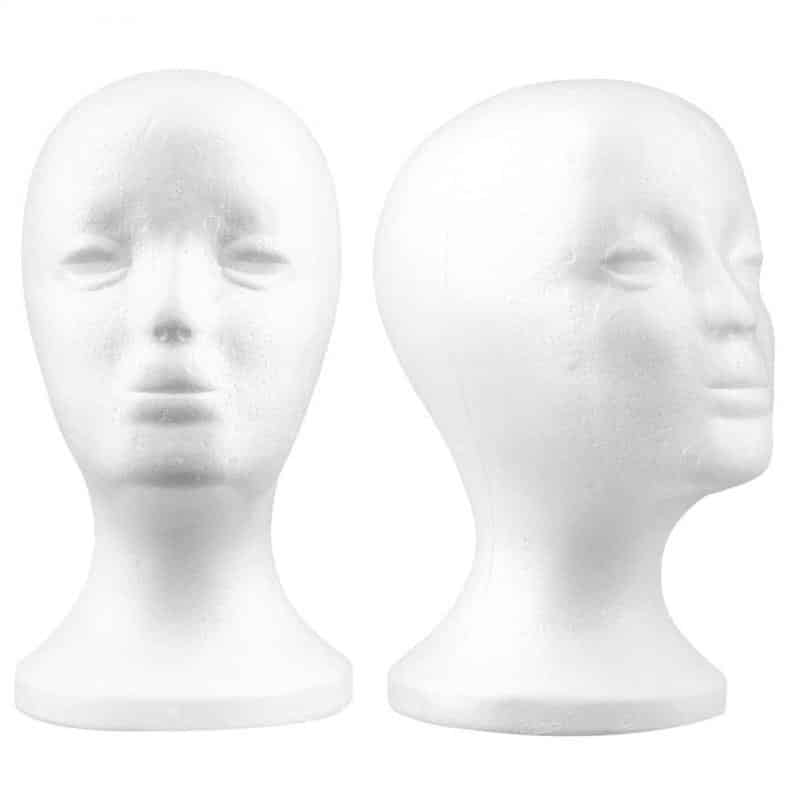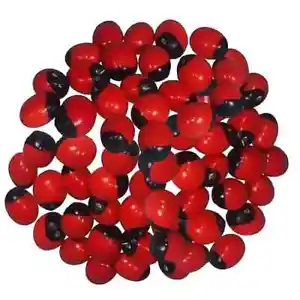




ID: 769314
SKU: 73e8ee5cd678
Category: Plant and seeds
Tags: 30days
Enrich Your Spirit: Gunja Lal Seeds - A Sacred Rosary Pea for Spiritual Fulfillment
About this item:
– Abrus precatorius, commonly known as Rosary Pea or Chirmatai, is a medicinal and ornamental plant. – With its glossy red seeds, the plant holds religious significance in Hinduism and is used for malas (prayer beads). – It features hard and durable seeds that can be used for making jewelry and decoration. – It requires a well-drained soil, partial shade, and regular watering for best growth.
₹15564
On preorder
Delivered in 30-60 days
On Pre-Order
Guaranteed Secure
- Guaranteed delivery
- Fast shipping
- PAN India shipping
- 100% Secure payment
- Regular orders dispatch in 48 Hours
- Pre-orders dispatch in 30-45 days
- Returns accepted
- Fast refund process
- 24/7 customer support
